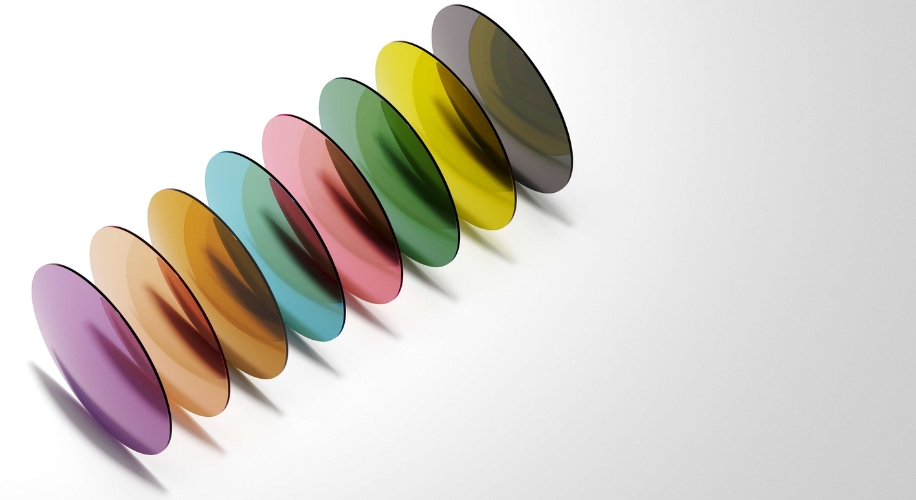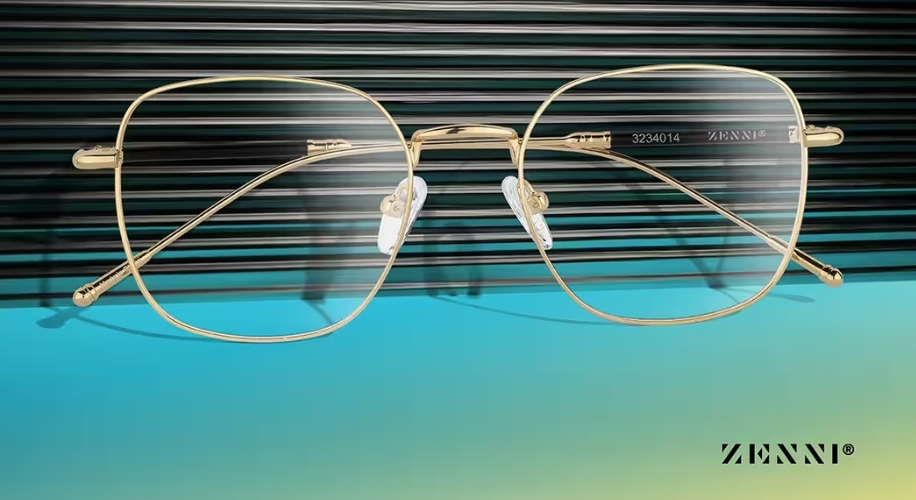Making Sense of Different Lens Add-Ons
When it comes to choosing the right lenses for your glasses, the world of lens add-ons can seem overwhelming. With so many options available, how do you know which ones are worth considering? In this guide, we’ll break down the most common lens add-ons and help you make sense of how they can enhance your eyewear experience.
Shop This Lens
Understanding Lens Add-Ons
Lens add-ons are additional features that can be applied to your prescription lenses to improve vision, comfort, or protection. These add-ons cater to various needs and preferences, making your glasses not just a vision aid, but a personalized tool for daily life. Let’s explore the most popular lens add-ons and their benefits.
Anti-Reflective (AR) Coating
Anti-reflective coatings, also known as AR coatings, reduce reflections on your lenses. This means less glare from lights, screens, and other bright sources.
- Improved Clarity: AR coating allows more light to pass through the lens, enhancing visual clarity and sharpness.
- Reduced Eye Strain: By minimizing glare, AR coating can reduce eye strain, especially during prolonged screen use.
- Aesthetics: Lenses with AR coating look clearer, making your eyes more visible to others and giving your glasses a sleek appearance.
Blue Light Blocking
Blue light blocking lenses, such as Blokz lenses, filter out blue light emitted by screens and artificial lighting, which can affect sleep patterns and cause eye strain.
- Reduced Eye Strain: By blocking blue light, these lenses can help alleviate discomfort from long periods of screen time.
- Better Sleep: Some users find that reducing blue light exposure improves their sleep quality, especially if they use screens late into the evening.
- Less Fatigue: If you spend a lot of time working on computers or tablets, blue light blocking lenses can make your workday more comfortable.
Shop These Frames
Photochromic Lenses
Photochromic lenses, also known as Transitions lenses, adjust their tint based on light conditions. They darken in sunlight and clear up indoors.
- Convenience: No need to switch between prescription glasses and sunglasses; these lenses adapt to changing light conditions.
- UV Protection: Photochromic lenses offer UV protection, safeguarding your eyes from harmful sun rays.
- Versatility: Ideal for individuals who spend time both indoors and outdoors, providing clear vision and protection in various environments.
Polarized Lenses
Polarized lenses are designed to block reflections from surfaces like water, snow, or pavement. They are often used to reduce glare in sunglasses.
- Enhanced Visibility: Polarization cuts glare, making it easier to see in bright conditions and improving contrast and depth perception.
- Reduced Eye Fatigue: By minimizing glare, polarized lenses help reduce eye strain and fatigue during outdoor activities.
- Improved Comfort: Ideal for driving and outdoor sports, polarized lenses enhance overall visual comfort and safety.
Tinted Lens
Tinted lenses are lenses that have been colored or shaded to reduce brightness and enhance contrast. These lenses have a consistent color.
- Comfort: Available in a range of colors and shades, tinted lenses can block various wavelengths, including UV light.
- Aesthetic Appeal: Tinted lenses offer a stylish look and can complement various fashion choices while providing functional benefits.
Shop These Frames Left and Right
Choosing the right lens add-ons depends on your lifestyle, vision needs, and personal preferences. Whether you’re looking for enhanced clarity, protection from glare, or convenience, there’s a lens add-on that can make your glasses more functional and comfortable. With the right features, your glasses can be transformed into a personalized vision solution that enhances every aspect of your daily life.







 United States
United States